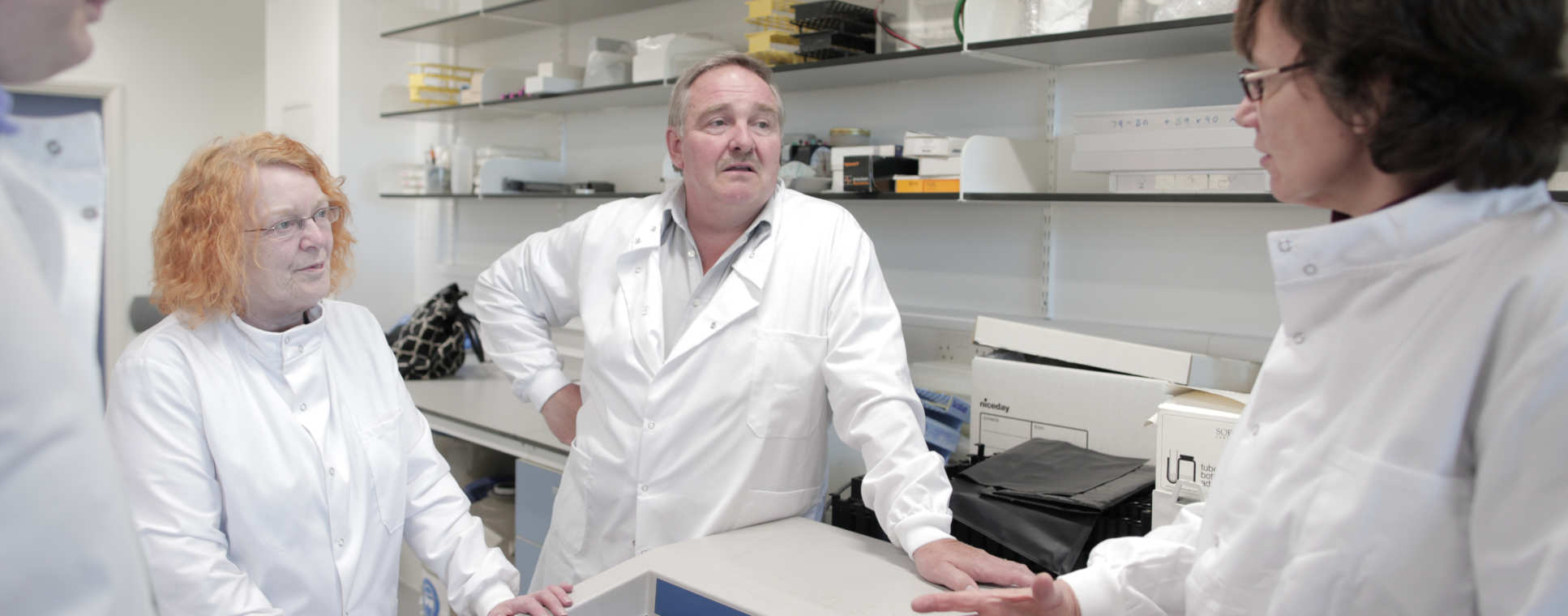
About MARC
The MRC Addiction Research Clinical (MARC) Training programme brings together the clinical addiction research expertise in three leading universities, Imperial College London, King’s College London and University of Bristol. Our vision is that the MARC programme will develop future UK clinical research leaders in addiction, to build and sustain capacity in this vital area of clinical neuroscience and address the gap in clinical research capacity within the addictions field in the UK.
Our vision is to develop the future UK clinical research leaders in addiction to build and sustain capacity in this vital area of clinical neuroscience and address the gap in clinical research capacity in the addictions field in the UK."
Prof Anne Lingford-Hughes
Alcohol, tobacco, drug and behavioural addictions have a considerable economic and social impact in the UK and internationally. Despite awareness of the associated harms of addiction and the importance of effective treatments, the amount of research and evidence in this field is limited compared to other physical and mental health disorders.
Academic psychiatry has been at the forefront of addiction research in the last 30 years and the UK has made important contributions to understanding the underlying mechanisms of addiction and developing treatment strategies. Leading clinical academics also provide key contributions to national policy and NHS service development.
In the UK there are currently only seven professors in addiction with a background in clinical psychiatry or psychology. The majority of psychiatrists and psychologists receive very limited experience of working with addiction during their training and existing academic opportunities in addiction research are rare. The MARC scheme is designed to address this issue by providing high-quality opportunities in clinical addiction research and mentoring for clinicians who wish to pursue an academic career in addiction.
MARC will develop and support the future UK clinical research leaders in addiction by pursuing the following aims:

1. Increasing exposure to addiction earlier in clinical training by increasing addiction psychiatry in foundation year posts, specialist interest sessions and
2. Supporting attendance at Summer schools, training and conferences. We will continue to run courses and scientific meetings within our institutions and national organisations.
3. Establishing PhD posts. Each institution will establish at least 2 PhD posts (two from MARC and others through additional matched funding). Where required there will be the opportunity to undertake an MSc within the host institution followed by the 3 year PhD project.
4. Supporting MARC fellows to make them competitive for existing schemes: MRC, Wellcome, NIHR clinical training research fellowships and career development/intermediate fellowships. This will be also offered to those outstanding individuals who are unable to take up a MARC posts.
5. Providing academic mentorship for those in the UK interested in a clinical academic career in addictions.


Partner consortia
Contact us
5th Floor, Burlington Danes Building
Department of Medicine
Imperial College London
Hammersmith Campus
Du Cane Road
London W12 0NN
Administrator - April Haesler
marc@imperial.ac.uk
+44 (0)20 3313 8282